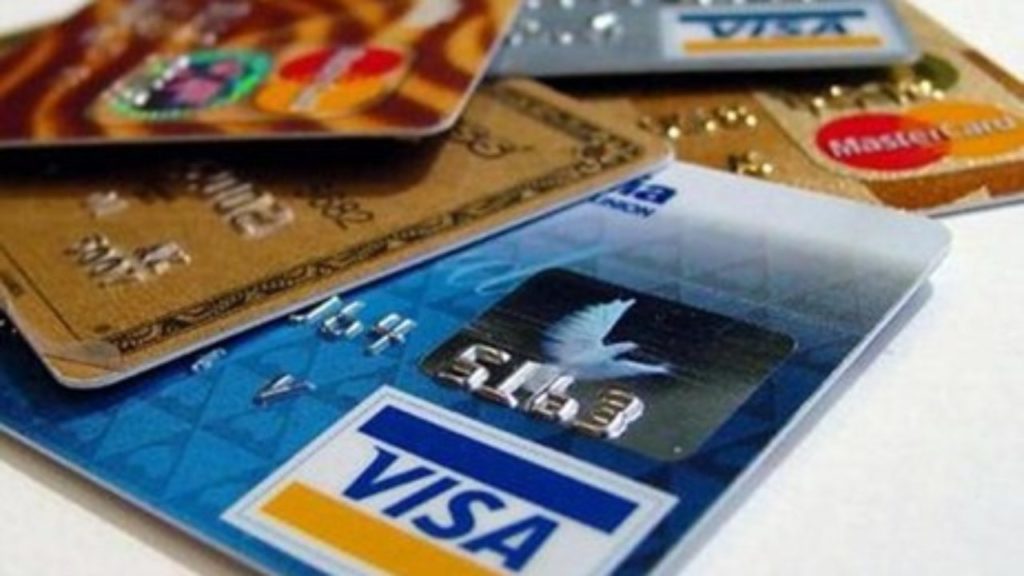#Coronavirus Impact: Loans, Credit Cards Can Be Issued Online; Video KYC Is The Answer?

The current lockdown may give a fillip to digital payments by making the lending and card issuing process totally digital.
Contents
How Did This Happen?
From the start of the lockdown started, loan and card issuers have come to a grinding halt as both require representatives to visit the applicant for paperwork.
The resulting drop in business is forcing lenders and card issuers to prioritize digital lending.
The CEO, Bankbazaar.com, an online marketplace for financial products, Adhil Shetty said, “In the normal course of business, the process could have taken two to three quarters, as it requires banks to set up infrastructure based on the Reserve Bank of India’s (RBI) guidelines. But lenders and card issuers are planning to go live with it within two weeks,”.
How Will This Help?
Soon, you will be able to get unsecured (like personal loans) and consumer durable loans, as well as credit cards while sitting at home, with zero paperwork.
On approval, the funds will be credited directly into your bank account or the card will be sent to your address.
This will also make the entire process much faster than earlier.
Basically, changing processes from the time you apply for a card or loan to the time you get it, there are multiple processes involved.
Further, at the application stage, the lender or the card issuer does a credit bureau evaluation.
Afterworld, representatives collect KYC (know your customer) and income documents and take your signature on the contract.
While in case of loans, there is the additional requirement of giving a post-dated cheque and allowing the lender to debit your bank account every month, through the NACH (National Automated Clearing House) or ECS (Electronic Clearing System) mandate.
Although, among these, the credit report evaluation has been digital for some years now.
The co-founder and CEO, Paisabazaar, an online marketplace for banking products, Naveen Kukreja said “The physical signature on the contract is not mandatory. The Information Technology Act only requires provable customer consent for contracts,”.
Now, the other processes may also go online.
What About Video KYC?
RBI notified detailed guidelines on video KYC or video-based customer identification process (V-CIP), on 9 January.
As per the RBI notification, when lenders are doing V-CIP, an official needs to be present on the other end for verification.
The customer has to show documents to the official over the video, during the process.
Also, it’s a real-time process that needs to be recorded and stored.
Further, the online process eliminates the requirement of physical signature and the same process applies for card issuances.
What About Income Documents?
For this, the RBI leaves it up to the lenders and card issuers to decide how to source the income documents.
Kukreja said “The simplest way is to ask applicants to upload income and income tax return documents. But there are some fintechs that retrieve the bank statement electronically with the applicant’s consent,”.
In which, the customer logs into his bank account using fintech’s application, which can then access the bank account information.
Further, the government has also opened the goods and services tax (GST) platform, which allows lenders to retrieve GST returns of self-employed customers, with their consent, if needed, said Kukreja.
Apart from that, the financial institutions are also talking to RBI and the ministry of finance for other options to make loans and card issuance entirely digital.
Shetty said “There could be a scenario where the applicant’s video connection is not of high enough quality for V-CIP, and it may not work. Also, it requires a bank official on the other side of the video. It can, therefore, happen only during the bank’s working hours,”.
What About KYC?
As per the reports, the intermediaries, banks and other financial institutions are requesting the regulator and the government to encourage banks to use the Central KYC (CKYC) and Aadhaar-based KYC.
Also, the banks can use CKYC for low-risk customers.
Although, it’s up to banks to decide whether a customer is low-risk or not, which is why CKYC has not taken off.
So far, the RBI has allowed Aadhaar-based KYC for loans up to ?60,000.
Though, many digital platforms have been using it for some time. But now, financial institutions are asking RBI to increase the limit.
According to them, these measures would help lenders offer unsecured and consumer durable loans without any paperwork.
Although, mortgage loans such as home loans would still involve physical processes, as it requires valuation.
With the digitization of lending and card issuance, it would reduce the cost for lenders, which they may pass on to customers in the form of lower processing fees.

Comments are closed, but trackbacks and pingbacks are open.